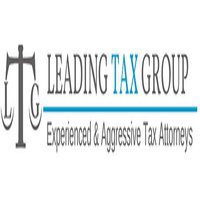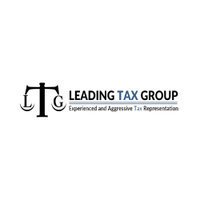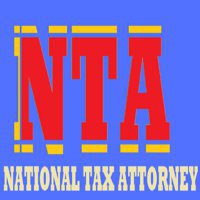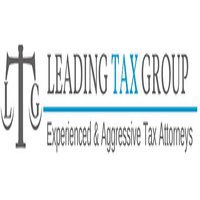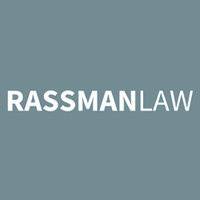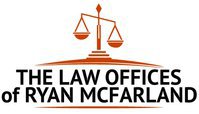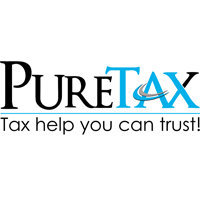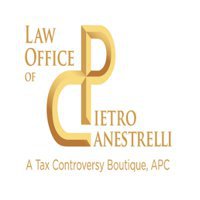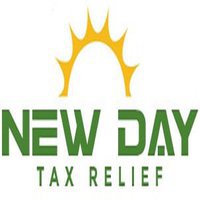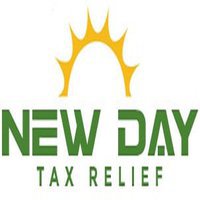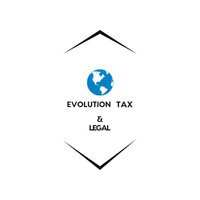Payroll Tax Settlements. There are some types of tax disputes and tax debts in which the IRS is actually far more lenient than many people think. Unfortunately, payroll tax disputes do not fit into that category.
If you own or operate a business in California and are not current on your payroll taxes, you can expect the IRS to take swift, severe actions. Payroll tax penalties are enforced quickly and can put you and your business in jeopardy in a hurry. That is why you need to take action to settle payroll tax debts before they come back to bite you!
What to Know About Payroll Tax Settlements. When you have an outstanding payroll tax debt, the IRS will be on the hunt to recoup as much of your debt as possible — often far more than the original debt due to quickly piling up fees and fines. This is why it is critical to file for a settlement through an experienced legal team.
When you file for settlement, the IRS’s first action will be to complete a full review of your organization. This will include all financial statements, payroll tax deposits, and 941 tax forms. The IRS here is looking to see that you are indeed taking actions to try and right the ship, and to deduce exactly how much debt needs to be settled. Often, a personal or individual financial statement is requested as well as a means of establishing responsibility and credibility of you as the owner of the business.
If you own or operate a business in California and are not current on your payroll taxes, you can expect the IRS to take swift, severe actions. Payroll tax penalties are enforced quickly and can put you and your business in jeopardy in a hurry. That is why you need to take action to settle payroll tax debts before they come back to bite you!
What to Know About Payroll Tax Settlements. When you have an outstanding payroll tax debt, the IRS will be on the hunt to recoup as much of your debt as possible — often far more than the original debt due to quickly piling up fees and fines. This is why it is critical to file for a settlement through an experienced legal team.
When you file for settlement, the IRS’s first action will be to complete a full review of your organization. This will include all financial statements, payroll tax deposits, and 941 tax forms. The IRS here is looking to see that you are indeed taking actions to try and right the ship, and to deduce exactly how much debt needs to be settled. Often, a personal or individual financial statement is requested as well as a means of establishing responsibility and credibility of you as the owner of the business.
